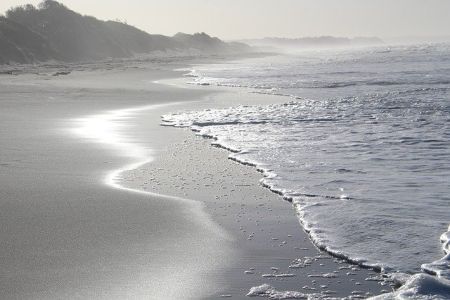
27 Jan Océanos plateados
(Only available in Spanish)
Previamente publicado en Longevity Initiatives.
Artículo de Bárbara Rey Actis.
La estrategia del océano azul es una teoría creada por W. Chan Kim y R. Mauborgne, profesores de la Escuela de Negocios INSEAD, recogida en el libro “La estrategia del océano azul: Crear nuevos espacios de mercado donde la competencia sea irrelevante” publicado en 2005. El libro es best seller y ha sido recientemente revisado y actualizado.
La idea surge porque, cada vez más, cobra importancia para empresas y emprendedores encontrar su océano azul, es decir, nichos de mercado que aún no han sido explotados donde los competidores no son una amenaza porque no existen aún.
Al conocer con más detalle la estrategia de los océanos azules, he visto que se puede adaptar a la Economía de la Longevidad de forma específica. Os dejo mis reflexiones al respecto:
Siga leyendo el artículo en Longevity Initiatives.
 Bárbara Rey Actis is an Instituto de Empresa Alumni where she graduated with honors in 2019 after finishing her Excetuve MBA. She is a senior Marketing professional working for multinational companies for more than 25 years. She is also devoted to research and write articles related to Longevity, Aging Population, Lifespan. Her last milestone is the launching of “Longevity Initiatives”, a personal project created intended to lead the knowledge of this world´s fastest growing and most misunderstood market: The Seniors. She participates pro-bono in different groups and associations to extend her contribution to society, such as “Aging 2.0”, “Foro de la Sociedad Civil”, “Pharma & Health Care Club at Instituto de Empresa” and is also Student Mentor at “Instituto de Empresa” and “Nova Talent”. Bárbara Rey Actis works as a research collaborator at the Observatory of Demography and Generational Diversity.
Bárbara Rey Actis is an Instituto de Empresa Alumni where she graduated with honors in 2019 after finishing her Excetuve MBA. She is a senior Marketing professional working for multinational companies for more than 25 years. She is also devoted to research and write articles related to Longevity, Aging Population, Lifespan. Her last milestone is the launching of “Longevity Initiatives”, a personal project created intended to lead the knowledge of this world´s fastest growing and most misunderstood market: The Seniors. She participates pro-bono in different groups and associations to extend her contribution to society, such as “Aging 2.0”, “Foro de la Sociedad Civil”, “Pharma & Health Care Club at Instituto de Empresa” and is also Student Mentor at “Instituto de Empresa” and “Nova Talent”. Bárbara Rey Actis works as a research collaborator at the Observatory of Demography and Generational Diversity.


Sorry, the comment form is closed at this time.